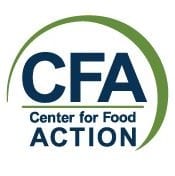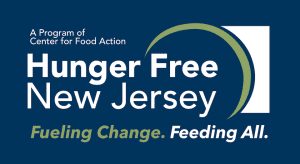Hunger Solutions
Hunger Solutions
Building a Nutritional Safety Net
From boosting access to food assistance for working families to helping senior citizens afford food, smart state and federal policies can help reduce hunger in the Garden State and beyond. Here’s a look at some of our top priorities.

As the first line of defense against hunger, SNAP helps about 750,000 New Jersey residents afford food each day.
Enact state policies to broaden assistance allowing households receiving at least $21 per month in energy assistance to qualify for higher SNAP aid.
Strengthen policies and programs to avoid punishing people who cannot find a job or participate in a training program.
Address barriers to participation, including application streamlining and community outreach.
Not nearly enough. More than 230,000 New Jersey seniors face hunger each year, yet less than half of eligible seniors receive SNAP.
The Solution
Change state policies to make it easier for seniors to apply for and receive SNAP.
More than a third of college students don’t always have enough to eat, yet only about one-third of hungry students access aid through SNAP, according to a 2018 U.S. Government Accountability Office report.
Hungry college students may be forced to delay their education to make ends meet – setting them up for a cycle of poverty that becomes difficult to break.
The Solution
New Jersey recently enacted the Hunger Free Campus Act, (A-4702/S-3239), which establishes a fund to help colleges expand access to SNAP and enact other policies to combat campus hunger. We will be working with state officials and the college community to ensure successful implementation.
Teaming Up
When communities work together, they make great strides in reducing hunger. Hunger Free New Jersey works with local schools, government agencies and community organizations to tap into federal dollars to build strong nutritional safety nets.



